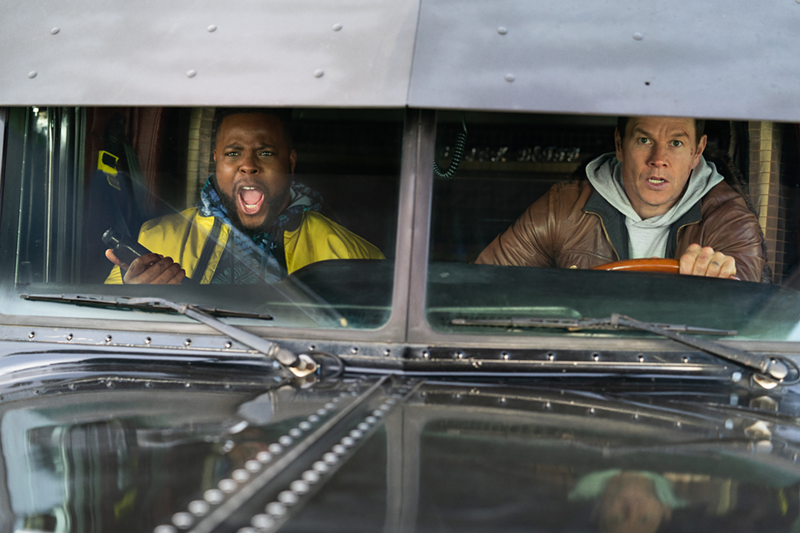What’s the best way to translate a story from the page into a more life-like form?
The new media landscape expands the possibilities in intriguing ways. Once upon a time, live theater ushered words and characters to eager audiences, granting life beyond the reader’s imagination. Then film captured motion, creating an opportunity to share and replay events. Television brought narratives more directly into homes, making for an individualized, personal experience. And now streaming adds immediacy to the mix.
But the real challenge for storytellers and the producers of these works now goes back to the original question of how best to translate narratives. For instance, popular fiction genres like espionage or crime thrillers offer alluring characters and enough source material for franchise-frenzied viewers and the options must seem truly vexing to the studios seeking to back projects caught up in debates over financial gain versus format potential.
Consider James Bond. Ian Fleming’s super spy is the godfather of this translation discussion, having made the leap from page to screen back in 1962 with Dr. No. Audiences are intimately familiar with all of the Bond actors over the years (Sean Connery, George Lazenby, Roger Moore, Timothy Dalton, Pierce Brosnan and Daniel Craig) and everyone has their favorite. Without getting into the complicated film rights, the year 1983 gave audiences two Bond films — the official Moore installment Octopussy and a non-canon return to the role for an aging Sean Connery in Never Say Never Again.
From the start, the character always had the kind of larger-than-life persona destined for the big screen and it could be argued that Bond’s mature adventures weren’t television-friendly like in the serialized show Mission: Impossible, which eventually crossed over from television to feature films. Or for a character like Tom Clancy’s Jack Ryan, who has enjoyed several big screen iterations (Alec Baldwin, Harrison Ford, Ben Affleck and Chris Pine), as well as a current Amazon Prime streaming series with John Krasinski.
While Bond has always been a film franchise, Robert Parker’s Spenser series, which features 40 novels from Parker as well as eight from Ace Atkins and one from Helen Brann, has always been a television mainstay. The books served as inspiration for Spenser: For Hire, an ABC series in the mid 1980s with Robert Urich as the titular hero, before transitioning into the made-for-TV movie world of Lifetime in the mid-90s, again with Urich. A second collection of television movies were made in the late-90s/early aughts for A&E with Joe Mantegna as the private investigator.
Now Netflix has entered the game with a movie — Spenser Confidential — from the dynamic duo of director Peter Berg and actor Mark Wahlberg, loosely based on the 2013 novel Wonderland from Atkins. The recent release certainly seeks to set up a streaming franchise with individual novels serving as one-off film narratives.
Almost a decade ago, during my early days at the Toronto International Film Festival, I snagged a public screening ticket to Morten Tyldum’s Headhunters, an adaptation of a Jo Nesbø novel, about a headhunter named Roger Brown (Aksel Hennie) who embarks on an impossibly risky plan to secure a priceless painting in the possession of a former mercenary (Nikolaj Coster-Waldau). The film led down the rabbit hole of Scandinavian crime fiction, starting with Nesbø’s own collection of thrillers featuring the detective Harry Hole, an excellent investigator with first-rate emotional and psychological baggage; there are currently a dozen intricately plotted novels centered on the character.
Sadly, a bungled film adaptation of The Snowman with Michael Fassbender has deep-sixed any hopes for a film franchise, but my search for a native compatriot of Nesbø’s led me to Michael Connelly, whose ongoing L.A. crime series focuses on the exploits of homicide detective Hieronymus “Harry” Bosch. With Titus Welliver as the lead, Amazon Prime has found the sweet spot in mining and updating a rich history of source material in clever ways, playing to the strengths of the streaming series format. Episodes unfold like chapters in the novels, opening up the neo-noirish aspects of the city and its excellent ensemble of supporting characters in ways that would be unlikely in a two-hour film.
With over 20 Bosch novels and an even larger interconnected world with other characters (like Bosch’s half-brother Mickey Haller, a lawyer featured in the novel The Lincoln Lawyer, which has been adapted for the screen with Matthew McConaughey) taking the lead in works of their own, Connelly has produced the perfect blueprint for how narratives can and should dictate the terms in the format debate.
Keep watching.


